More than 35,000 cases of monkeypox and 12 deaths have now been reported to the World Health Organization, from 92 countries and territories, the health agency said on Wednesday.
Some 7,500 new cases were reported last week, equating to a 20 percent increase over the previous week, said Tedros Adhanom Ghebreyesus, director-general of the World Health Organization, during a media briefing.
Most of the cases were reported from Europe and the Americas, and the majority of cases are among men who have sex with men.
Tedros stressed the importance for "all countries to design and deliver services and information tailored to these communities that protect health, human rights and dignity".
He said: "The primary focus for all countries must be to ensure they are ready for monkeypox, and to stop transmission using effective public health tools, including enhanced disease surveillance, careful contact tracing, tailored risk communication and community engagement, and risk reduction measures."
Tedros said while vaccines may also play an important part in controlling the outbreak of monkeypox, "supplies of vaccines, and data about their effectiveness, are limited", although the WHO is starting to receive data from some countries.
"WHO has been in close contact with the manufacturers of vaccines, and with countries and organizations who are willing to share doses," he added.
Meanwhile, the WHO said global COVID-19 deaths had increased by 35 percent. Some 15,000 people have died in the past week due to COVID-19.
Tedros said this number is "completely unacceptable" when there are "tools to prevent infections and save lives".
"We're all tired of this virus, and tired of the pandemic. But the virus is not tired of us," Tedros said.
He warned: "With colder weather approaching in the northern hemisphere and people spending more time indoors, the risks for more intense transmission and hospitalization will only increase in the coming months — not only for COVID-19, but for other diseases including influenza."
He once again urged people to get vaccinated or get a booster jab.
"Learning to live with COVID-19 does not mean we pretend it's not there. It means we use the tools we have to protect ourselves, and protect others," he said.








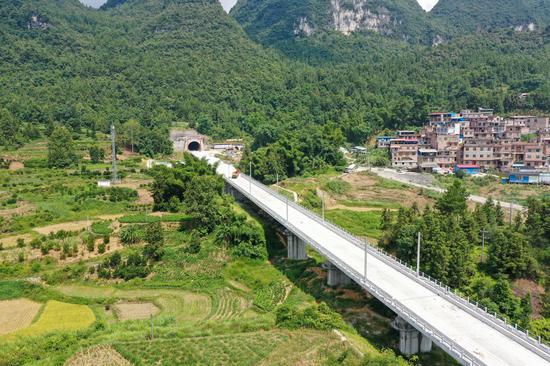

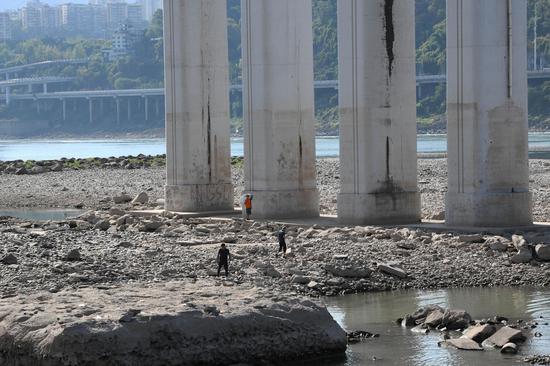

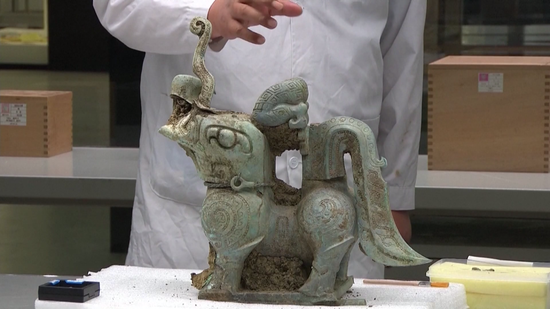
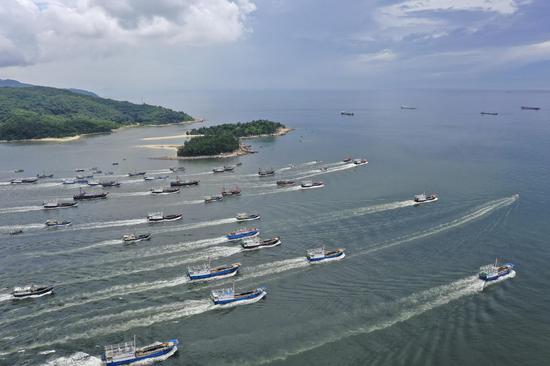
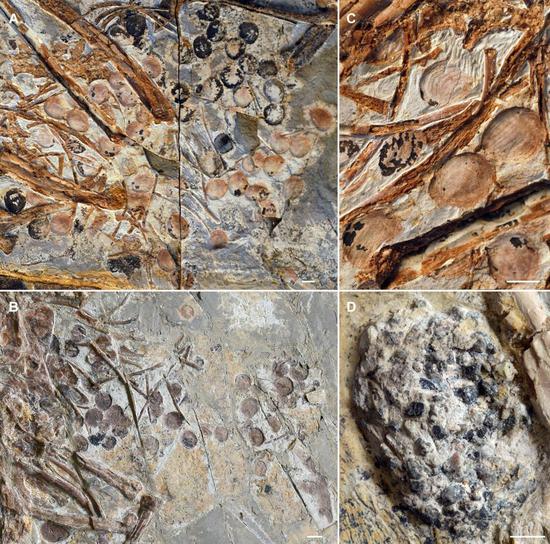

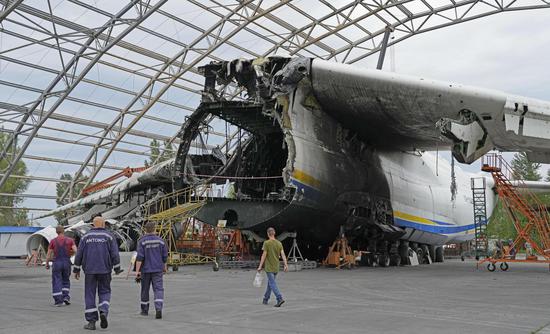

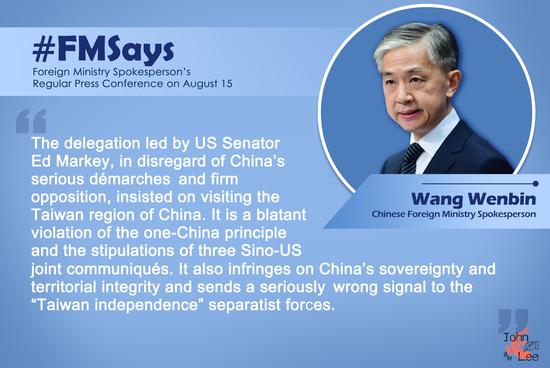
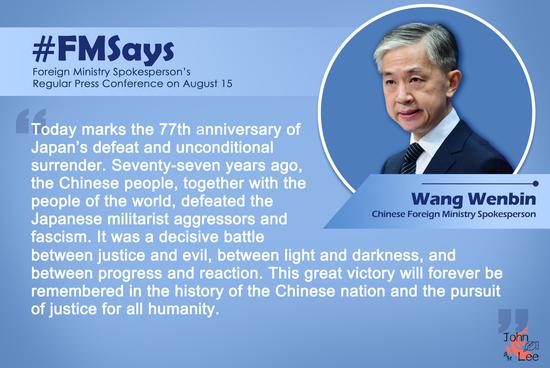

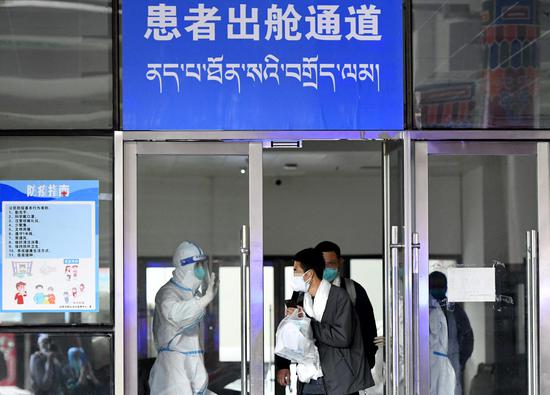
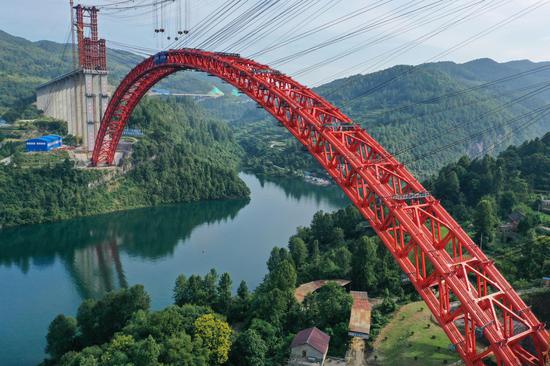

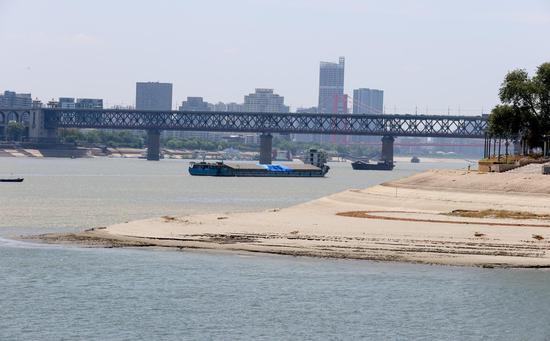
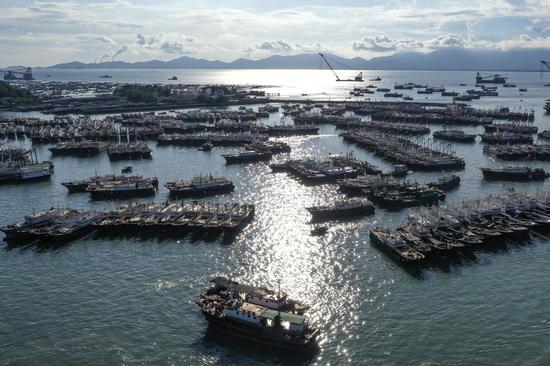
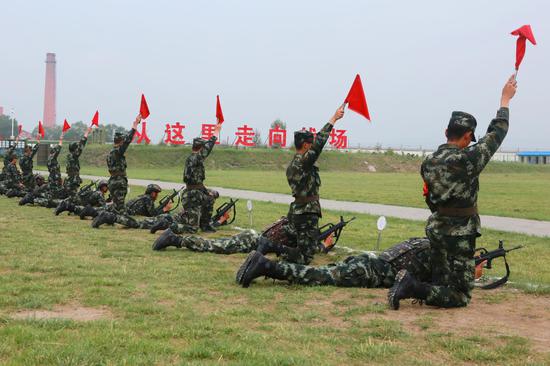

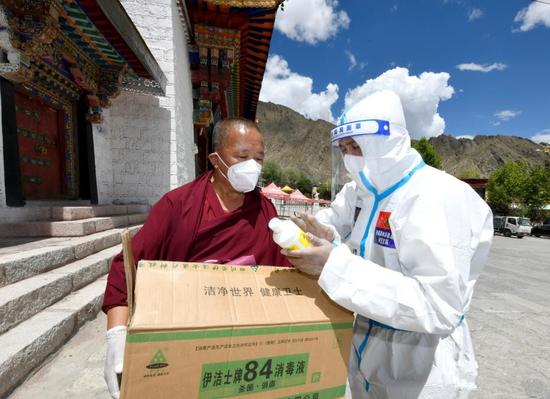
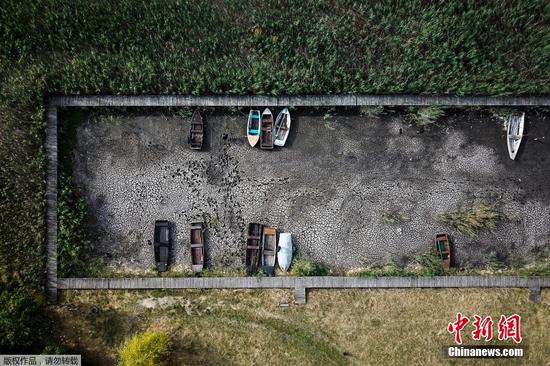
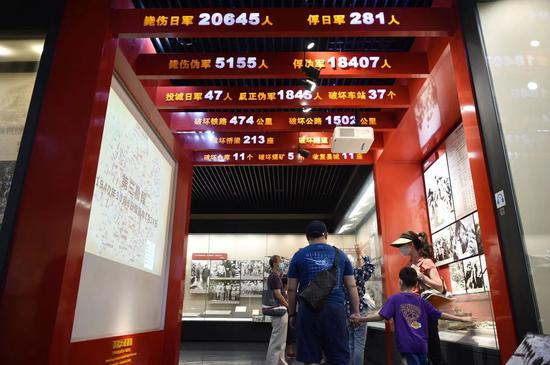
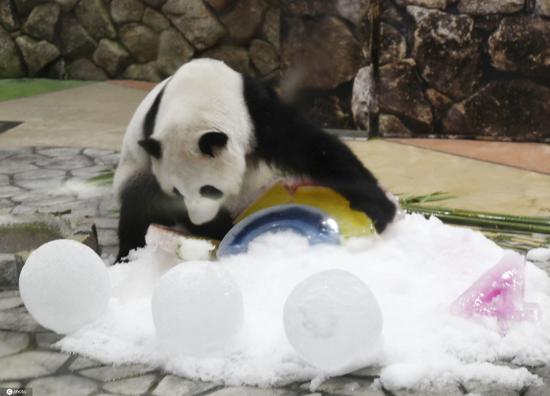
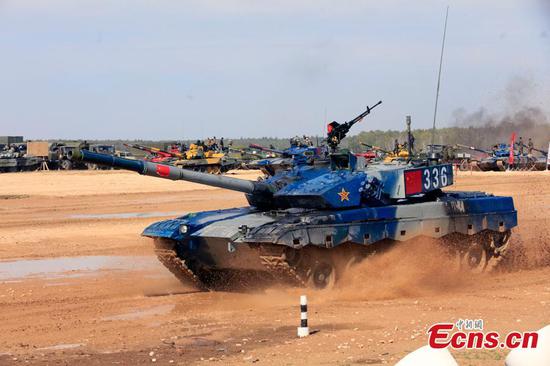

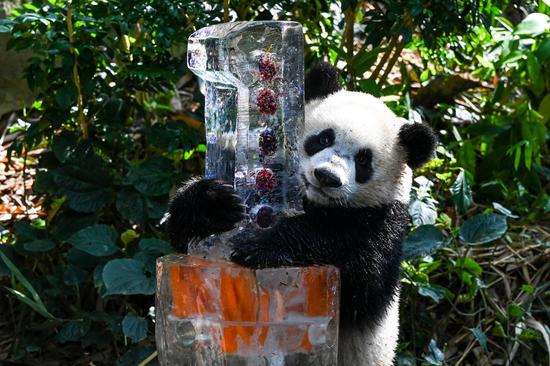
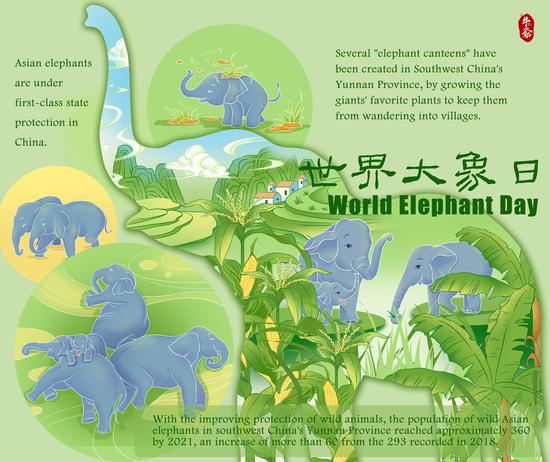

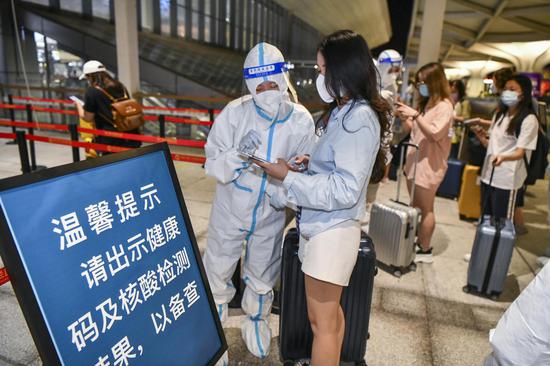
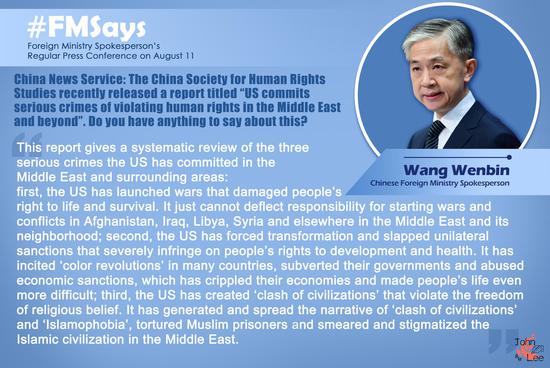


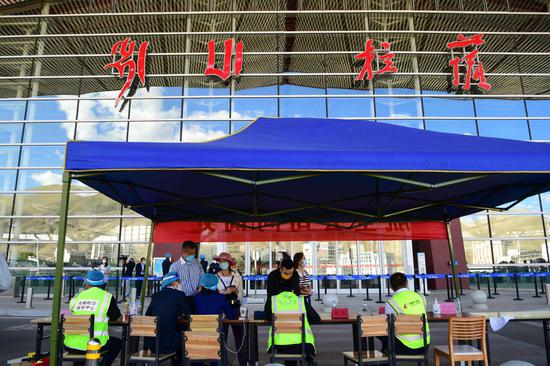


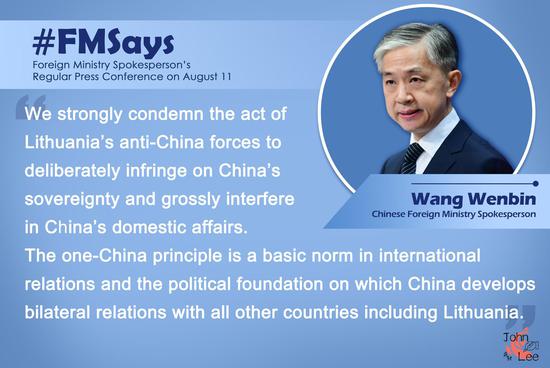



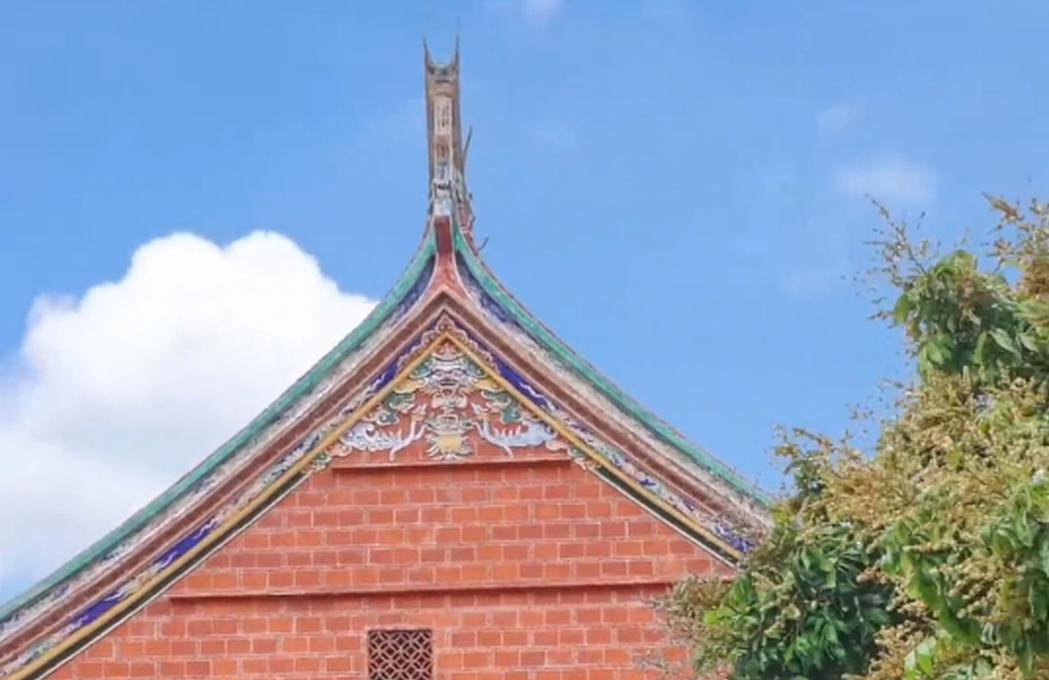

 京公网安备 11010202009201号
京公网安备 11010202009201号